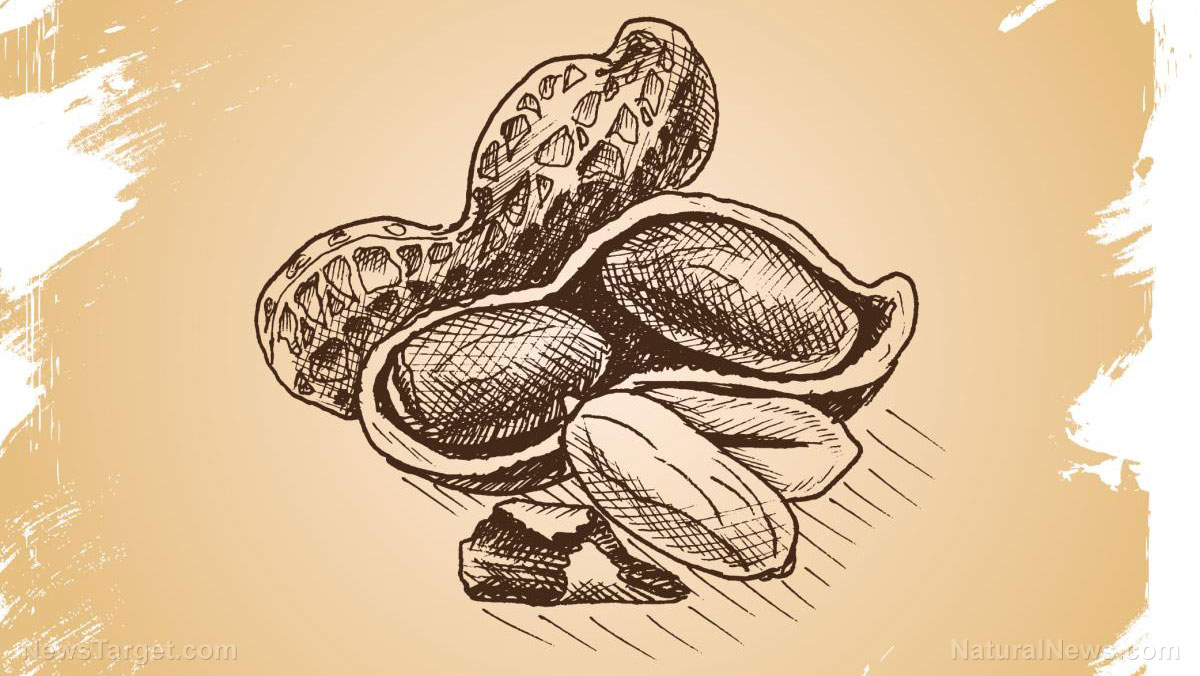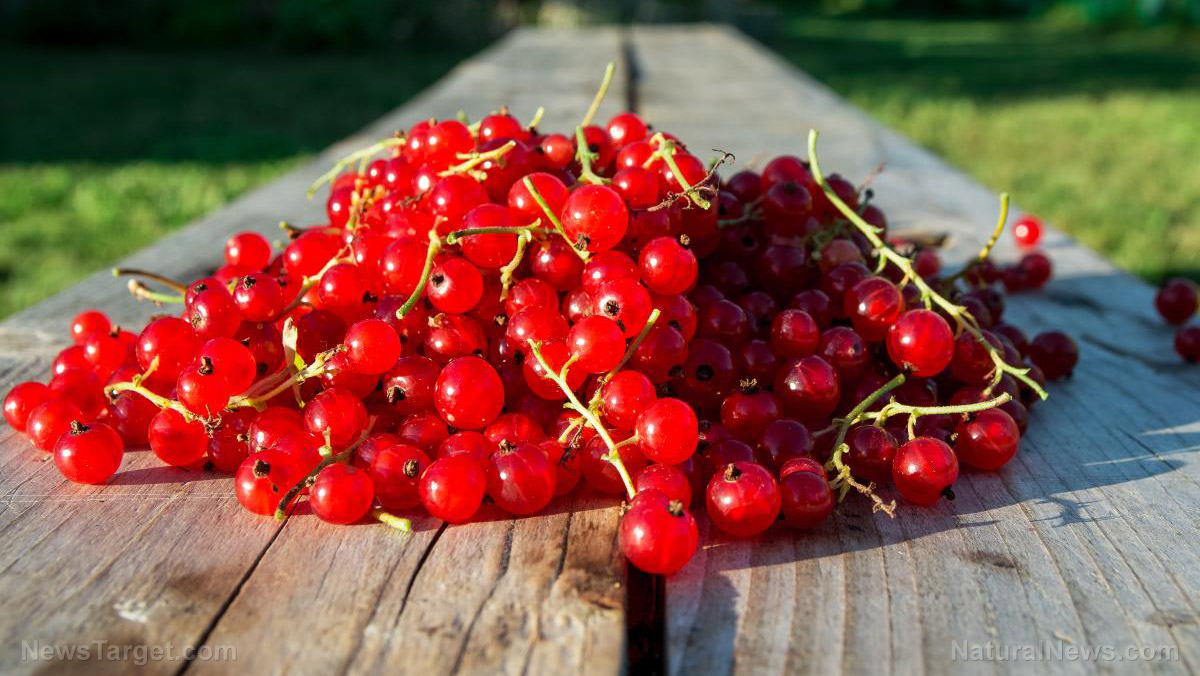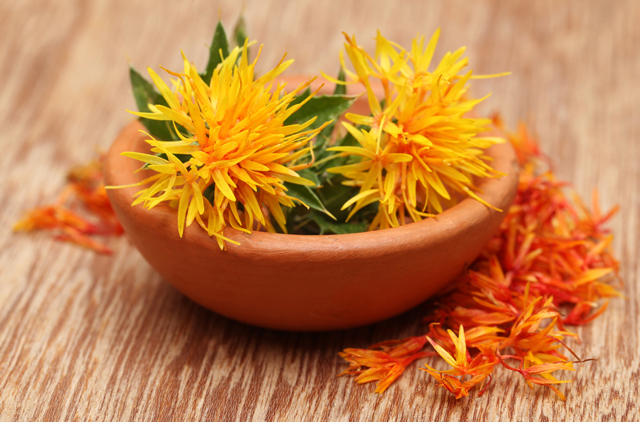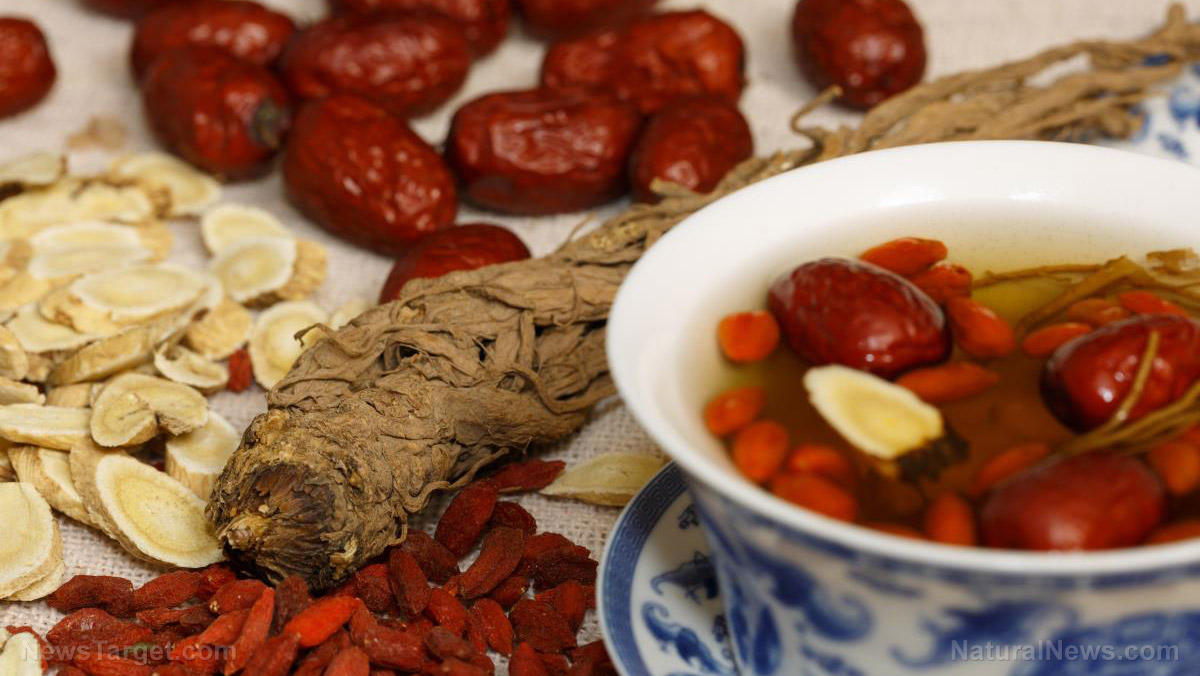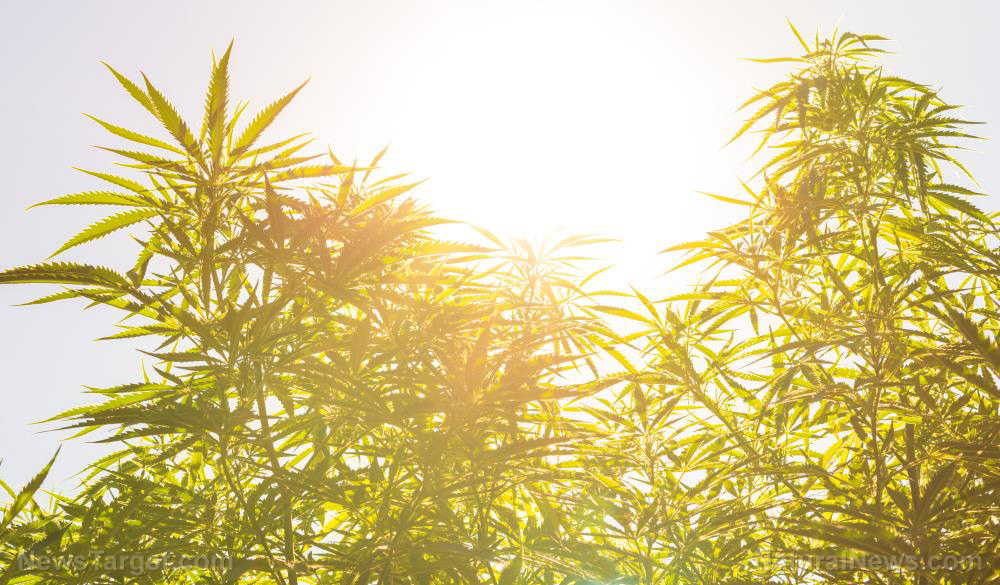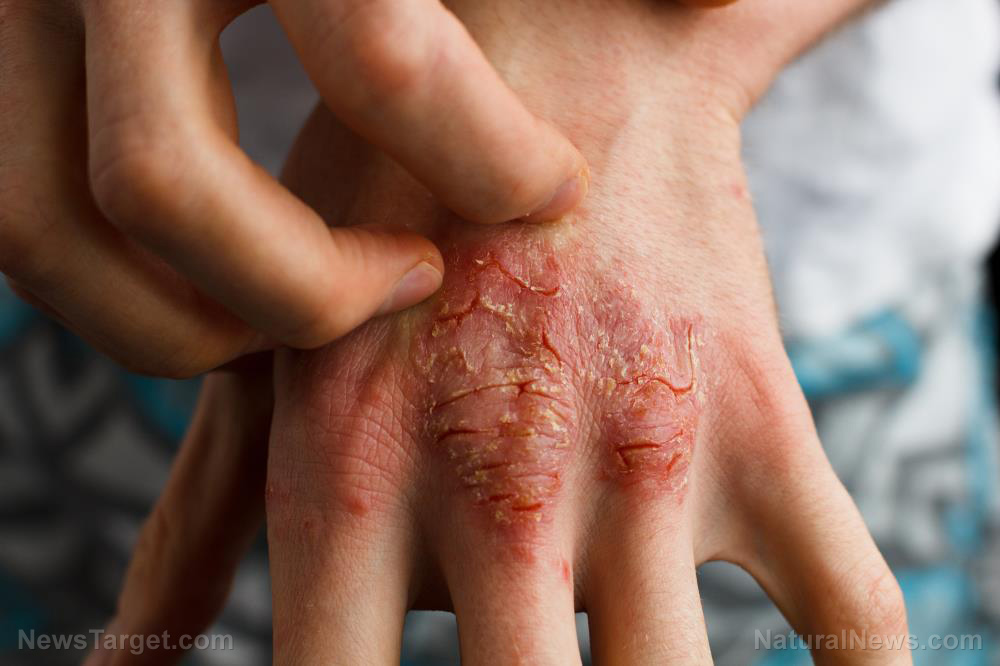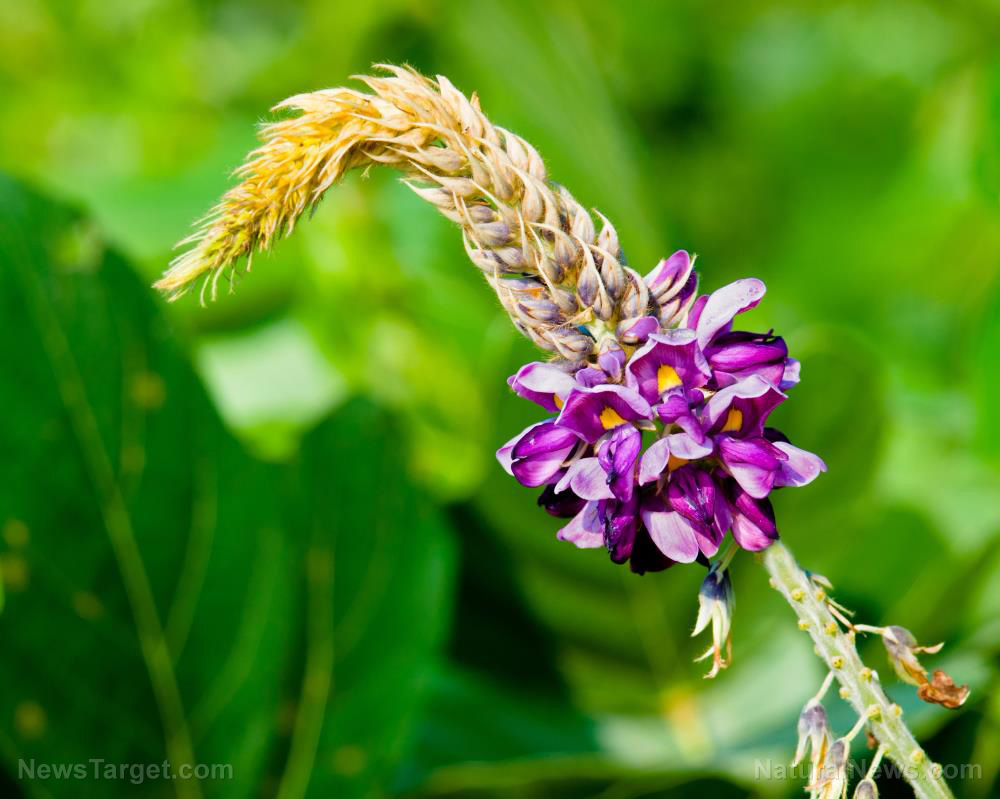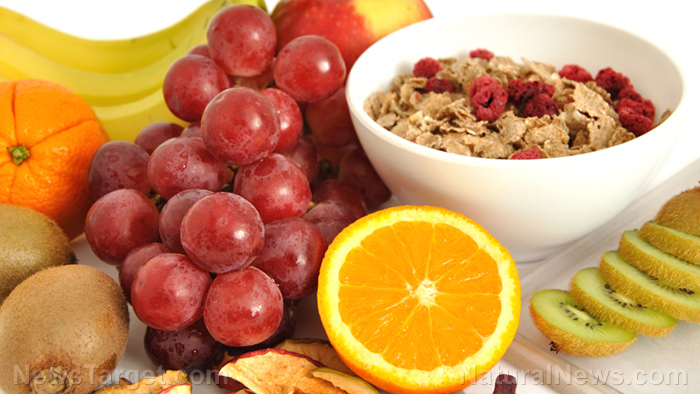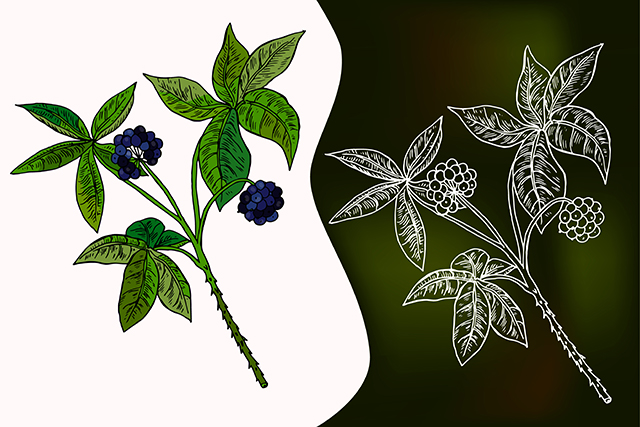Get that blood flowing: Doctor offers tips for improving circulation to help you get warm this winter
01/15/2018 / By Michelle Simmons

It’s winter, so get that blood flowing to help you feel warm this season. Wisconsin-based doctor John Brill recommended six tips on how to improve blood circulation to get you warm this season.
- Wear loose clothes – Brill says that the most important tip is to keep hands and feet covered during winter. He suggested that instead of wearing fitted clothing like gloves, wearing loose clothes like mittens is more advisable. Loose-fitting clothes act as a space heater by allowing the body to heat up the extra air space. Brill recommended dressing up with tight clothing under looser clothing, like layering up with a tight pair of socks under a looser, thick wool sock or wearing a tight shirt beneath an oversize sweater.
- Eat spicy foods – Some people may find spicy foods hard to eat. Yet, spicy foods, such as chili peppers, are one of the foods that improve blood circulation. They do this by opening up the blood vessels. The body temperature increases as you eat spicy foods, which promotes the flow of blood. Peppers are rich in vitamins A and C which help fortify arteries and blood vessels, preventing the numbness that poor circulation causes.
- Avoid smoking, coffee, or alcohol – Brill said that the the three main things to avoid during cold weather are nicotine, caffeine, and alcohol. Nicotine and caffeine cause the blood vessels to narrow, which makes it more difficult for the blood to flow to the hands and feet. On the other hand, alcohol makes the body dehydrated. In addition, he corrected the misconception that alcohol makes the body warm. “In fact, alcohol creates the perception that you’re warm which is very dangerous,” he said. “You’re not getting warmer, you’re just aware of how cold you are.”
- Eat fish and iron-rich leafy greens – Foods or supplements rich in fish oil, niacin, and iron widen the arteries, which make it easier for the blood to flow throughout the body. Fish containing high levels of omega-3 and -6 fatty acids and iron-rich leafy green vegetables and red meat enhance blood flow. Moreover, Brill said that taking niacin supplements slow down the constricting of the arteries. However, this can cause a flushed feeling.
- Drink lots of water – During winter, dehydration is less noticeable than during summer. People can become dehydrated while staying outside for many hours during winter, leading to hypothermia. Drinking a lot of water keeps the body hydrated, which in turn helps regulate the body temperature. Moreover, it is important in keeping the blood flowing. Drinking hot drinks also keeps the body hydrated, and warms up the body from the inside at the same time.
- Keep moving – Being active or doing some movements, such as walking around the house, will enhance blood flow. Rubbing the hands and feet in circular motions will also get the blood flowing to the finger tips and toes. “If your hands and feet are cold or have cold injury put them into warm or hot water for a half hour until the color returns to normal,” he said.
However, if your body remains cold despite all your efforts to make it warm, an artery may be blocked or you may have another medical condition. Brill suggested to look for signs of an ulcer or color changes in the hands. (Related: Stay Warm This Winter with These Low-Tech Heat Hacks.)

|
Discover how to prevent and reverse heart disease (and other cardio related events) with this free ebook: Written by popular Natural News writer Vicki Batt, this book includes everything you need to know about preventing heart disease, reversing hypertension, and nurturing your cardiac health without medication. Learn More. |
“If someone is always cold it can be a sign of blockage of circulation, anemia, or the Raynaud’s phenomenon,” he explained.
Raynaud’s phenomenon is a condition that affects the blood vessels. Several parts of the body feel numb and are discolored when exposed to cold.
Read more stories on health tips at NaturalNewsTips.com.
Sources include:
Tagged Under: blood circulation, blood flow, cold weather, improve blood circulation, preparedness, survival, warmth, winter

